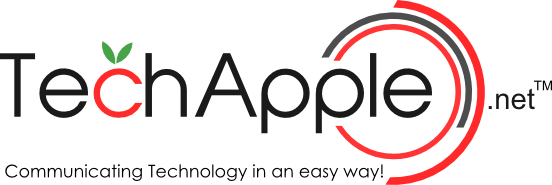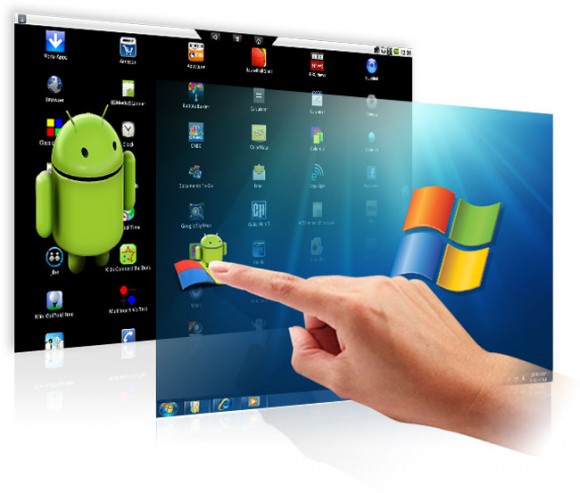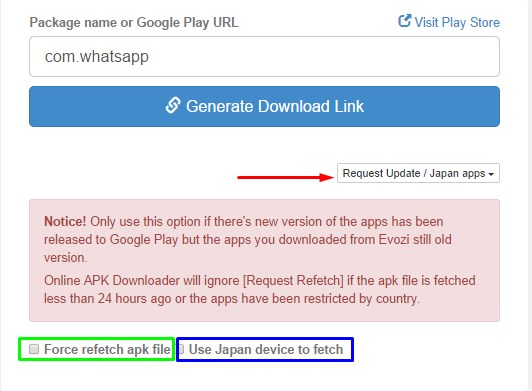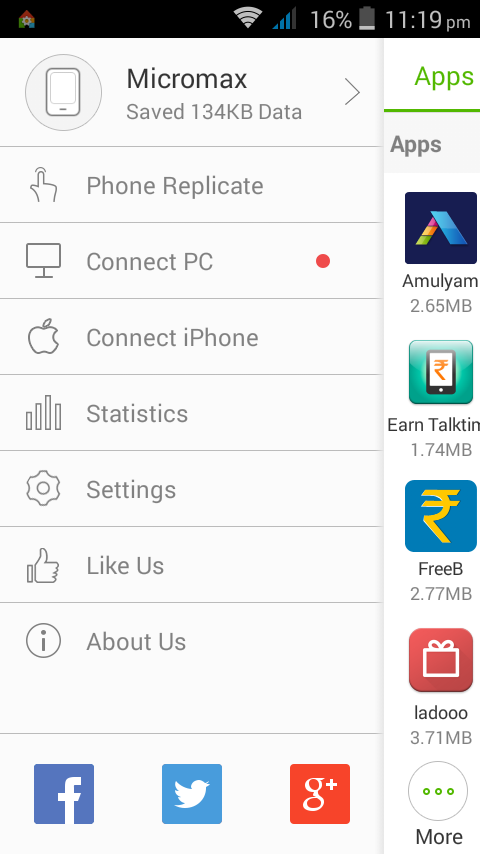The Evolution and Differentiation of Tech Applications: Mac OS, Windows, iOS, and Android
Share
In the era of Vave Casino, technology has transformed the way we live, work, and interact with the world. A significant aspect of this technological revolution is the development of tech applications. These applications, built on various operating systems, have become an integral part of our daily lives. In this article, we will explore the evolution of four major operating systems – Mac OS, Windows, iOS, and Android – and discuss what sets them apart from each other.
Mac OS, developed by Apple Inc., is the operating system specifically designed for Macintosh computers. Mac OS has evolved over time, transitioning from the classic Mac OS to the modern macOS. Apple’s commitment to user experience and design excellence has been a defining characteristic of Mac OS. The macOS offers a seamless integration with Apple’s ecosystem, providing a consistent user interface across multiple devices, including Mac computers, iPhones, and iPads. Mac OS is highly regarded for its intuitive interface, powerful graphics capabilities, and extensive software compatibility for creative professionals.
Windows, developed by Microsoft, is the most widely used operating system for personal computers. It has gone through numerous iterations and updates, with each version introducing new features and improvements. Windows has a large user base due to its broad compatibility with hardware and software, making it a popular choice for both personal and professional use. Microsoft’s focus on productivity and enterprise features has made Windows a dominant player in the business world. The latest version, Windows 10, offers a user-friendly interface, extensive software support, and features such as Cortana, a digital assistant.
iOS, developed by Apple, is the operating system exclusively designed for iPhones, iPads, and iPod Touch devices. iOS has undergone significant evolution since its introduction, incorporating new features, enhancements, and improvements. Known for its simplicity and security, iOS offers a seamless user experience, with a strong emphasis on privacy and data protection. The tight integration with Apple’s ecosystem enables users to seamlessly transition between devices and access a wide range of exclusive applications and services through the App Store.
Android, developed by Google, is an open-source operating system that powers a majority of smartphones and tablets globally. Android has experienced rapid evolution, with frequent updates introducing new features, performance enhancements, and security measures. Android’s key strength lies in its versatility and customization options. It offers a wide range of device choices from different manufacturers, enabling users to select devices that suit their preferences and budgets. Additionally, the Google Play Store provides a vast collection of applications and services, catering to diverse user needs.
While these operating systems share similarities, several factors differentiate them. One crucial aspect is their ecosystem and device compatibility. Mac OS is exclusive to Apple’s hardware, providing a seamless integration between Mac computers, iPhones, and iPads. Windows, on the other hand, is compatible with a wide range of hardware configurations, making it accessible to various device manufacturers. iOS is limited to Apple devices, ensuring a consistent user experience, while Android supports multiple hardware manufacturers, offering users a wide range of choices.
Another significant differentiation factor is the availability of applications. The App Store is the primary source of applications for iOS, offering a curated selection of high-quality apps. Android, on the other hand, benefits from the vastness of the Google Play Store, providing users with a wide variety of applications, including both free and paid options. The availability of software and the level of compatibility with industry-specific applications can influence the choice of operating system for specific use cases, such as professional workflows or gaming.
In conclusion, the evolution of tech applications has transformed the way we interact with our devices, work, and entertain ourselves. Mac OS, Windows, iOS, and Android have each carved their niche in the market, offering distinct features, user experiences, and ecosystem integration. Whether it’s the seamless integration of Apple’s ecosystem, the versatility of Android, or the compatibility of Windows, these operating systems continue to shape the digital landscape, providing users with diverse options to suit their needs and preferences.






